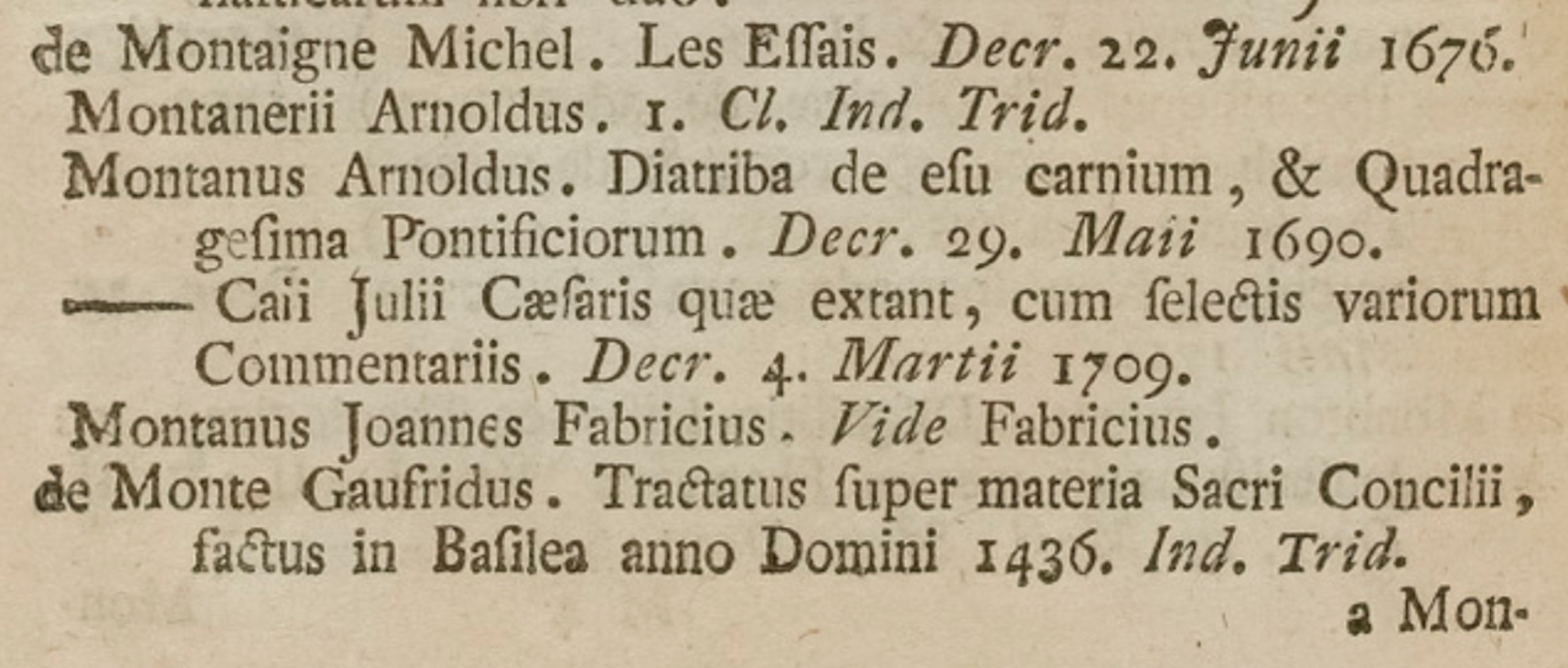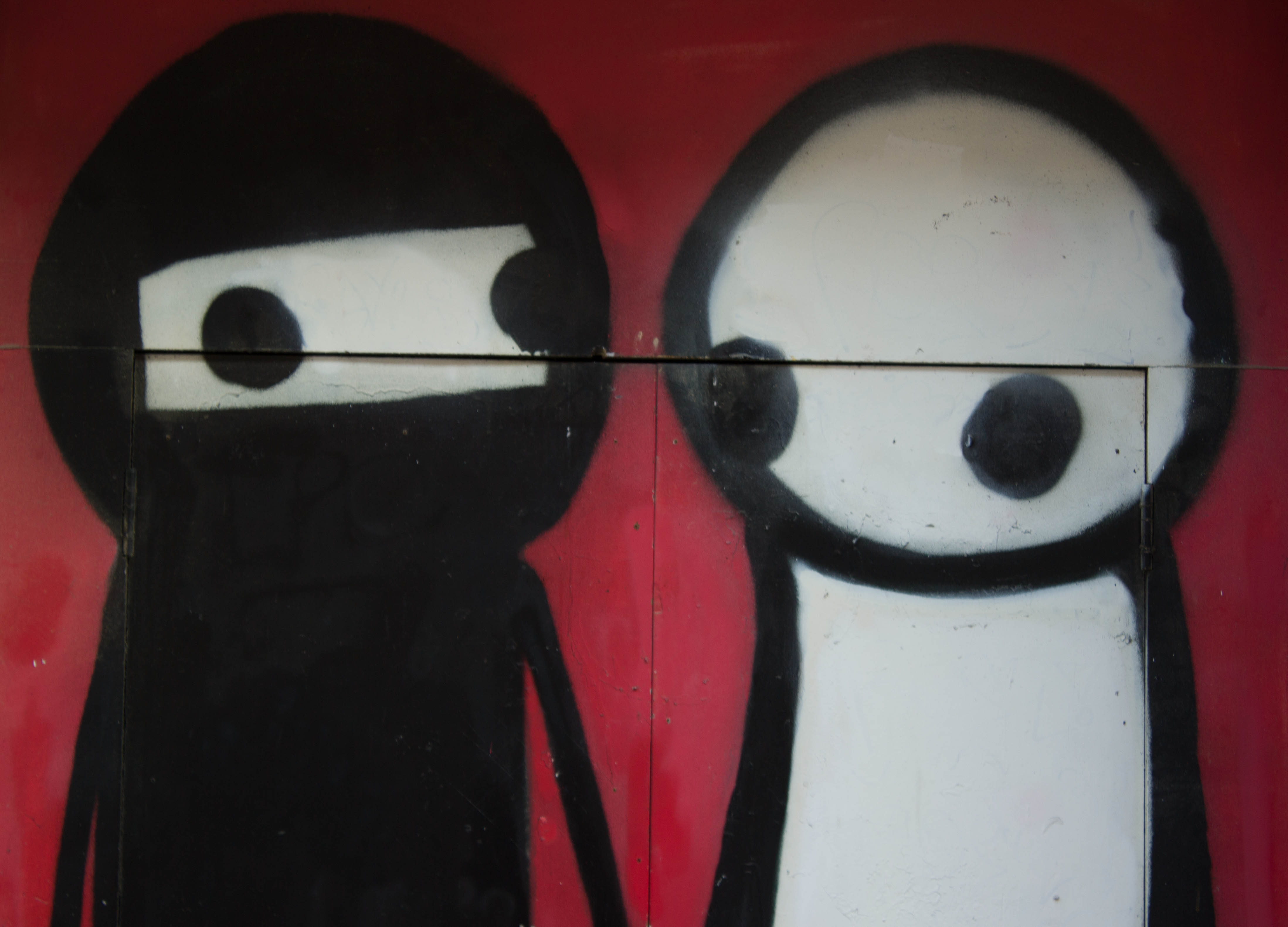The books the Church banned (and Voltaire in trouble again)
Published:
The Index Librorum Prohibitorum was for centuries the list of books that the Vatican declared off-limits for Catholics. They are listed on the freedom of expression website beaconforfreedom.org along with many other books condemned by censors at various times and places.
 (The Index outlawing the reading of Montaigne’s famous Essays – from a 1770 edition of the Index made available online through the Gallica service of the French national library)
(The Index outlawing the reading of Montaigne’s famous Essays – from a 1770 edition of the Index made available online through the Gallica service of the French national library)
4327 works are listed in the database as banned by the Vatican at one time or another and these are now available as a csv at my github link below. The bulk of the books are in Latin, French or Italian, but there are also books in German, Spanish, English, Dutch and Portuguese. Authors whose work is banned include scientists, philosophers, writers and, of course, theologians.
Theologians
- Abelard, Bruno, Calvin, Luther
Scientists
- Boyle, Fludd
Philosophers
- Bentham, Bergson, Croce, Descartes, Hobbes, Hume, Kant, Locke, Machiavelli, Mill, Montaigne, Montesquieu, Pascal, Proudhon, Renan, Rousseau, Saint-Beuve, Spinoza, Taine, Voltaire
Writers
- Balzac, Cousin, D’Alembert, D’Annuzio, Dante, Defoe, Dumas, Flaubert, Foscolo, Goldsmith, Heine, Hugo, Marvell, Milton, Rabelais, Richardson, Sade, Stendhal, Sterne, Zola
It was mostly theological works that were banned. There were famous novels however, judged deleterious to a Catholic’s soul: Madame Bovary and Salammbo, Pamela, La comedie humaine, Les misérables and Notre Dame de Paris.
Zola’s Complete Works are banned, and Nana and La Terre get a separate ban as well.
Dante was in trouble for the Divine Comedy, Milton for Paradise Lost and Dafoe for his Political history of the devil.
And politics and political science got people into conflict with Rome too. Zola’s celebrated defence of Dreyfuss J’accuse is listed, along with Machiavelli’s Il Principe and Alexandre Dumas writing about divorce.
 (Some of Voltaire’s works in the 1770 edition of the Index)
(Some of Voltaire’s works in the 1770 edition of the Index)
The writer who comes in for the most citations is Voltaire. He appears 31 times in the Index – for everything from Candide to contributing to an edition of Pascal’s Pensées.
This week he found himself out of favour again as someone in Paris covered him in red paint, apparently unhappy that part of the philosopher’s fortune came in part from trade in the French colonies.
The Index was first published under Paul IV in 1559 and the last edition appeared in 1948. Paul VI abolished it officially in 1966.
